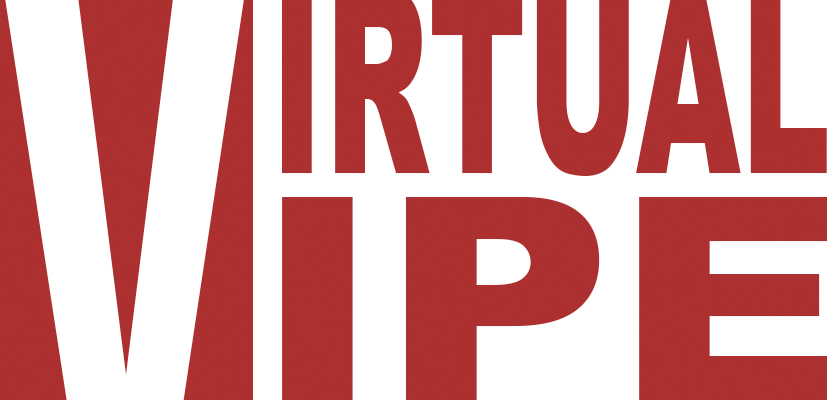Interpreter-USA
Being a medical interpreter is an important position to bridge the gap between medical professionals and their patients. When you work as a medical interpreter, you’ll be called in to communicate medical diagnoses and instructions, to patients and their families, and to relay news to families about their loved one’s condition, prognosis, and care.
Doctors, nurses, other health professionals, the patients and their families all rely on you for accuracy and the ability to convey information in a sensitive and compassionate manner.
Medical Interpreter Duties and Responsibilities
As a medical translator in a health care setting, you may be called upon to perform a number of translating tasks.
TRANSLATE MEDICAL INFORMATION VERBALLY
The main task of a medical interpreter is to accurately interpret and translate critical medical information between a healthcare provider and a patient who speaks a foreign language. A wide range of medical information must be translated, including medical conditions, treatment options, follow-up appointment details, billing, and insurance.
A medical interpreter ensures a complete understanding between all parties. This includes simplifying or translating any jargon to ensure that all medical information is understood by the patient. It is important for the medical interpreter to bridge any cultural gaps between patient and healthcare provider which may prevent the necessary information being provided.
Medical interpreters are also often required to accompany patients to office visits and translate drug and treatment information.
TRANSLATE MEDICAL TEXT
Medical interpreters assist in translating medical documents like slides, books, and lectures in a clinical setting on behalf of internal and external customers. They assist patients with understanding and filling out paperwork.
Medical interpreters may also be requested to translate patient education information or patient documents from doctors.
MAINTAIN PATIENT CONFIDENTIALITY
A key element in the job of a medical interpreter is to maintain strict patient confidentiality in accordance with hospital or office policies and procedures.
ASSIST WITH PATIENT FOLLOW-UP
A Medical interpreter will assist with patient follow-up as necessary. This includes contacting patients with appointment reminders, assisting patients on the phone with follow-up phone calls and check-ins, and accompanying patients to follow-up appointments.
ESTABLISH POSITIVE INTERACTIONS
As the main form of communication between a doctor and a patient, medical interpreters will strive to provide a positive and relaxing atmosphere so that patients feel comfortable discussing sensitive medical information. This includes aiming to avoid cultural misunderstandings between patients and doctors.
PARTICIPATE IN CONTINUED TRAINING
As with all medical professionals, continued training is required to stay up to date on new medical information and terminology, which is highly important for effective translation of information.
As a bilingual speaker, there are a number of courses available to enhance your skills and provide the knowhow and experience to become successful in different fields.
